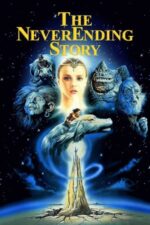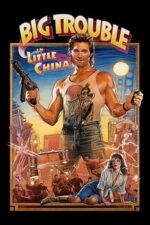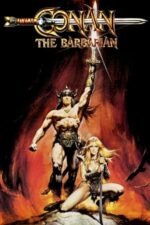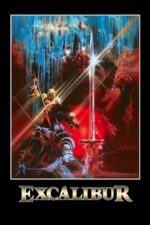Beyond Fairytales: Why Mythology Still Captures Our Imagination (and How Movies Do It So Well)
Okay, let’s talk about mythology. Not just the Greek stuff with Zeus throwing lightning bolts – though that's undeniably fun! – but the broader idea of myths, legends, and folklore as a way for cultures to explain the world, grapple with big questions, and pass down values. And increasingly, it’s showing up in our movies, sometimes in obvious ways, sometimes subtly woven into the narrative fabric.
Think about why we're still obsessed with stories like The Odyssey. It's not just about a guy trying to get home after a war; it's about perseverance, temptation, loyalty, and the enduring power of hope against overwhelming odds. These are universal themes that resonate across millennia, and filmmakers have always been drawn to them.
You see this in wildly different ways. The Birth of Kitaro: The Mystery of GeGeGe, for example, uses Japanese folklore – specifically the work of Shigeru Mizuki, who drew heavily on local legends – to explore political corruption and personal loss. It's a fascinating blend of supernatural elements and social commentary, something that’s been a recurring thread in East Asian cinema. It reminds me a little bit of how Hayao Miyazaki often incorporates traditional Japanese folktales into his Studio Ghibli films; it's about grounding fantastical narratives in cultural roots.
Then you have something like How Freyja Saved Asgard. Norse mythology has had a massive resurgence in popularity, thanks to everything from comic books to video games (hello, Marvel!). This film promises a fresh take on familiar stories, and I’m particularly intrigued by the focus on Freyja – often overshadowed by Thor and Loki. It's a great example of how filmmakers are actively reinterpreting myths for modern audiences, giving voice to characters who might have been sidelined in older retellings.
But mythology isn't always about recreating ancient tales. Sometimes it’s about using mythological structures to explore contemporary issues. The Age of the Earth, inspired by a poem and set against Brazil’s turbulent political landscape, uses symbolic figures – Christ-like representations embodying different groups struggling for justice – to comment on colonialism, exploitation, and resistance. It's powerful stuff!
Even something seemingly as straightforward as Violent Night 2 (and I admit, the title alone is a bit of a wink!) can tap into mythological archetypes. The gruff, unstoppable protector figure? That’s straight out of folklore – think Hercules or Beowulf. And with Pandora's Paradox 2: The Musical, you have a playful exploration of good versus evil, sisterhood and the dangers of unchecked power—themes that are as old as storytelling itself.
Ultimately, mythology provides filmmakers with a rich toolkit for exploring what it means to be human. It’s about more than just monsters and magic; it's about understanding ourselves through the lens of shared cultural narratives. So next time you watch a movie, ask yourself: What myths – consciously or unconsciously – are at play? You might be surprised by what you discover.
What films have you seen that really captured the power of mythology? I’d love to hear your thoughts!






































